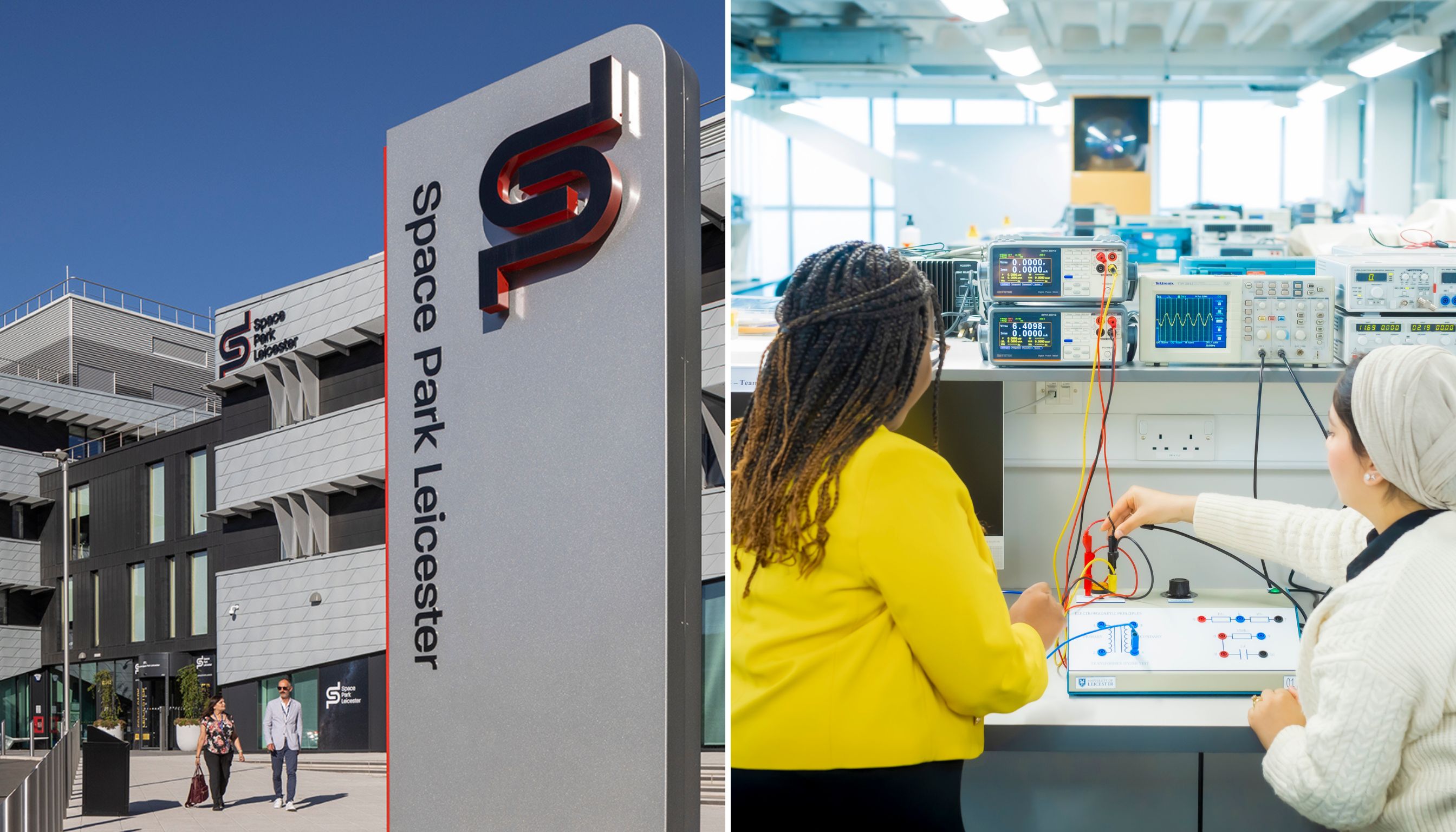Dayton Engineer

New Space Research Master's Exchange Program with U.K. University
University of Dayton School of Engineering master’s students now have the opportunity to conduct space research thanks to a new exchange program with the University of Leicester, U.K. (UL).
Beginning in fall of 2024, students in the Space Technology Exchange Program (STEP) will complete courses at UD before traveling to the U.K. in late-spring of 2025 to begin a three-month long, design-based project immersion on UL’s campus.
Back on UD’s campus for summer of 2025, students from each university will collaborate for three additional months on their projects before final presentations.
“There is new excitement about space due to NASA's return to the moon ARTEMIS program, several successful private space launch programs (SpaceX, Blue Origin, Virgin Galactic) and recent robotic missions (Perseverance and Ingenuity, InSight, Tianwen-1),” said Markus Rumpfkeil, professor and director of UD’s aerospace graduate program.
At UL, students will learn and collaborate in UL’s Space Park Leicester, a collaborative community of industry, academics and students working together to drive growth in the space sector. UL is a leader in space research and discovered the first known black hole in our galaxy.
Students’ projects for the first cohort will follow past research strengths of UL including designing satellites for various applications and missions (earth observation, GPS on the moon, deep space exploration). The goal is to open the program up to possible projects from UD and University of Dayton Research Institute researchers in the future.
The program was created through collaboration with UL faculty and UD faculty from the Department of Mechanical and Aerospace Engineering and the Department of Chemical and Materials Engineering — recognizing the multidisciplinary nature of space engineering.
Although space seems far away from our life on Earth, the future of space engineering is closer than it seems.
“This is serving a growing need in U.S. industry for workforce development in space technology,” Rumpfkeil said, “The prospects in space related careers certainly look bright and we hope and expect that the STEP program will grow from its initial pilot phase and help our students to launch vibrant and fulfilling space careers.”
